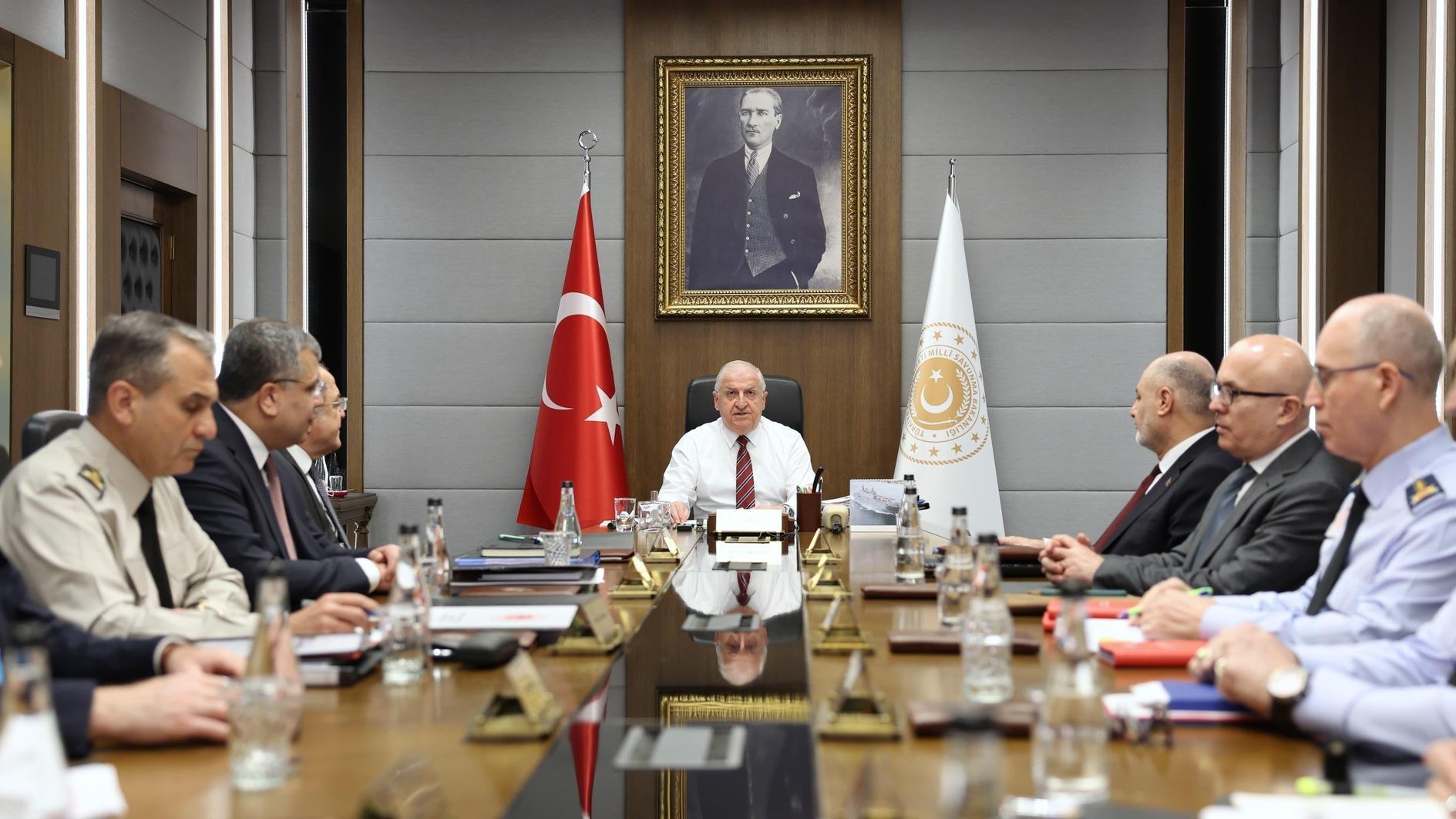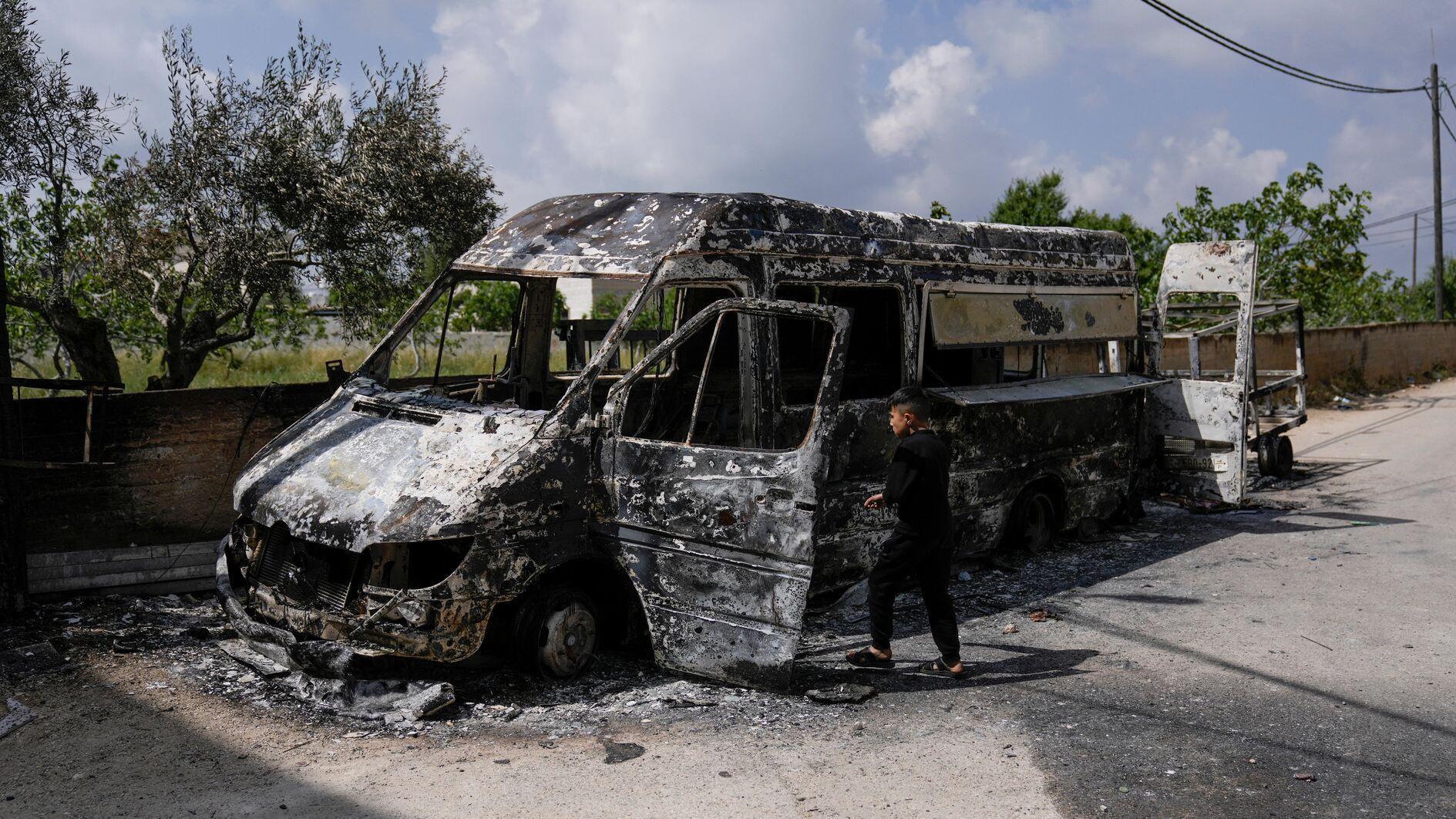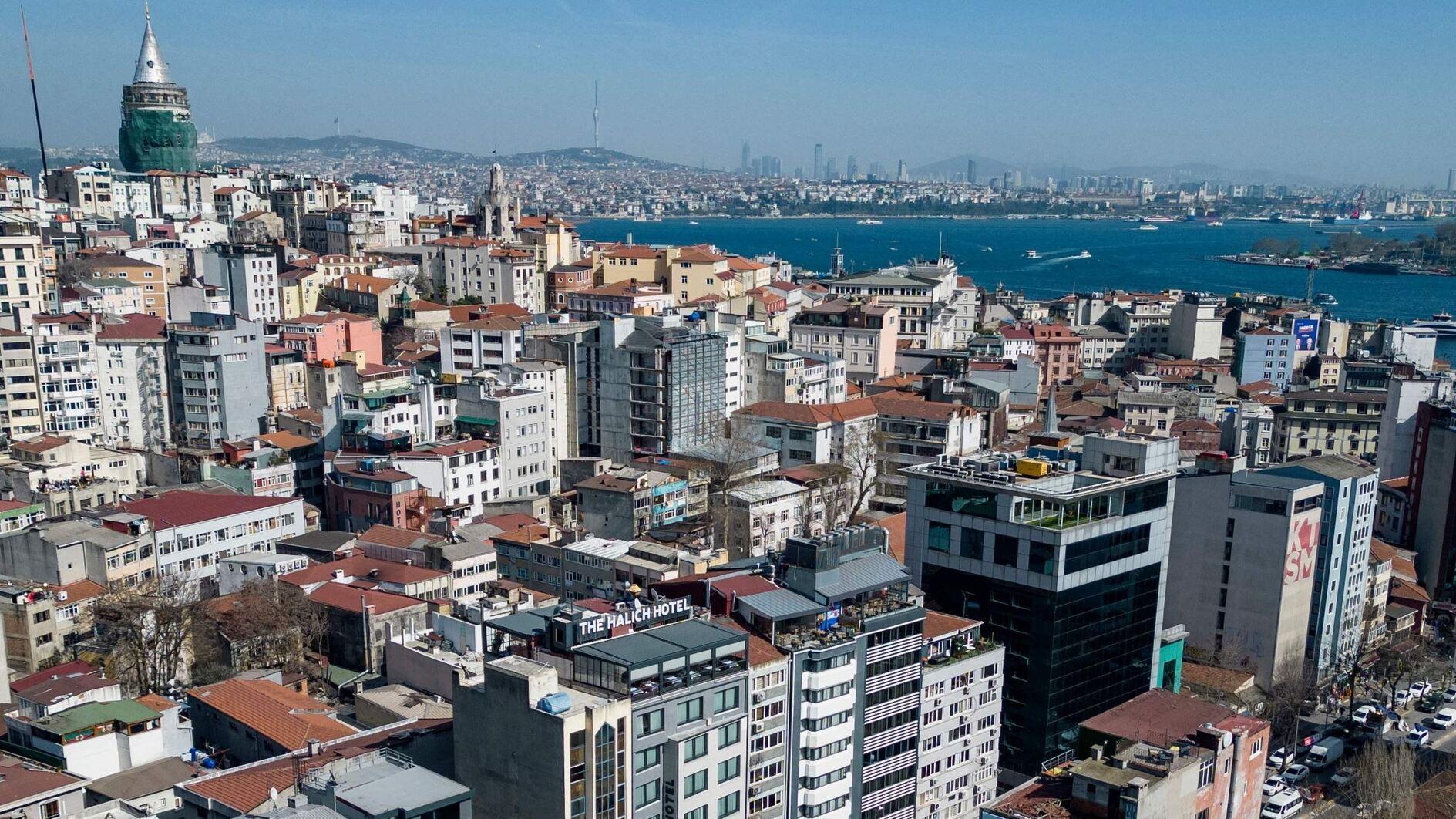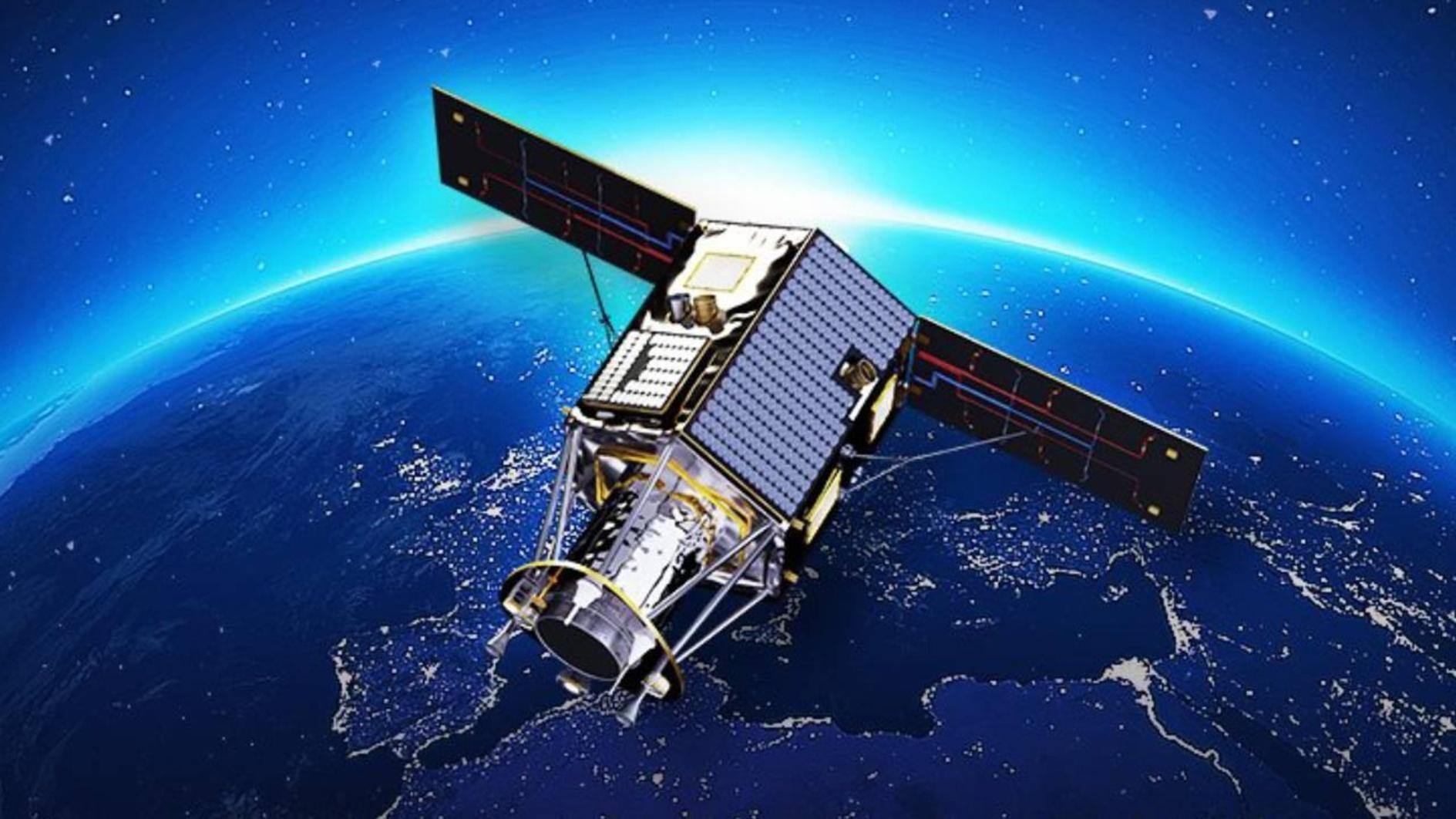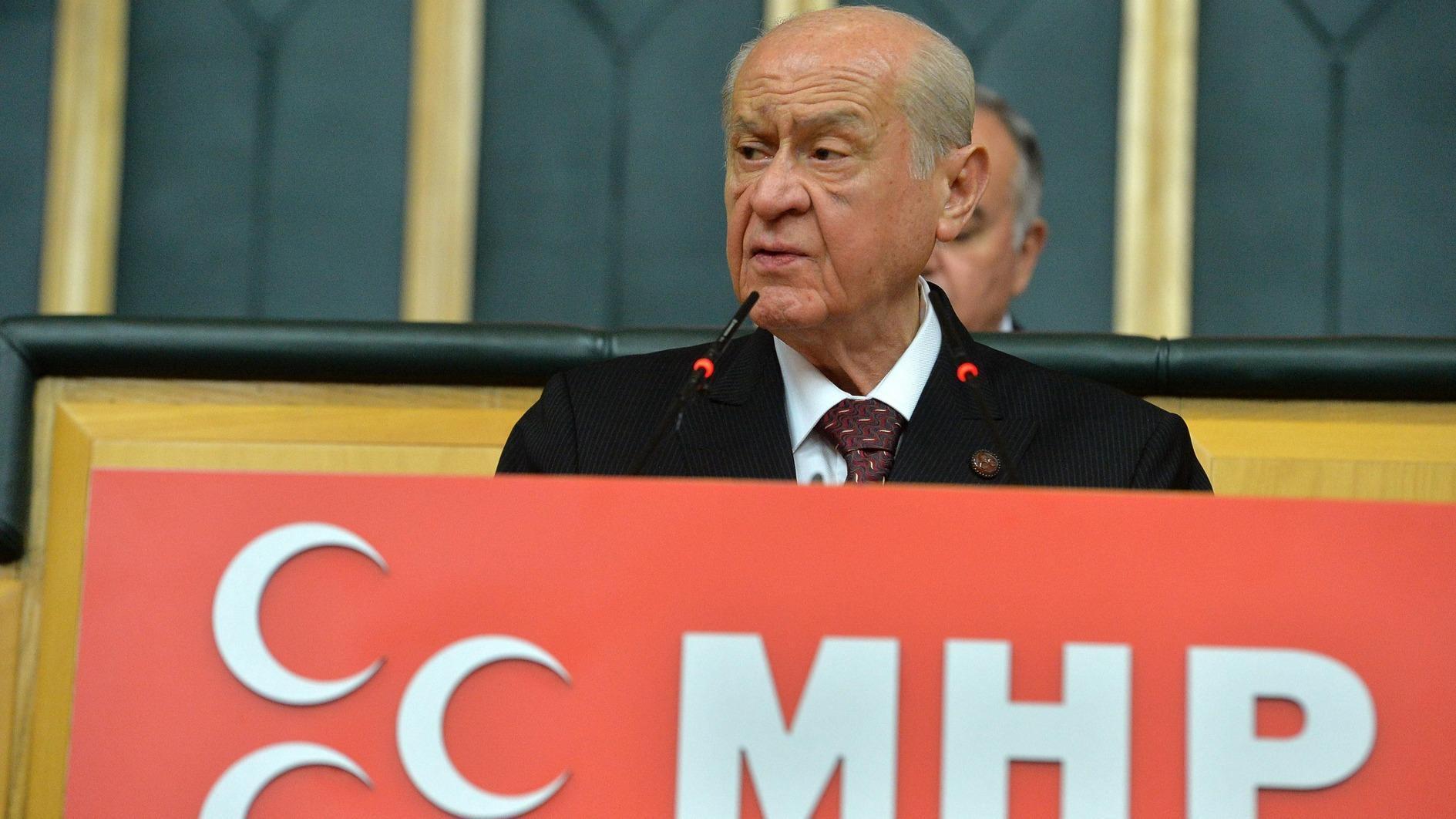ISIL settles into Ramadi, but the lull unlikely to last
BAGHDAD - Reuters

AP Photo
The blind man with just one hand arrived at the main mosque in the centre of the Iraqi city of Ramadi at dusk on May 27, flanked by Islamic State of Iraq and the Levant (ISIL) fighters.When the evening prayer was over, the man, whose head was shrouded in black, delivered a speech to the faithful, hailing the ISIL’s capture of the capital of Anbar Province - its greatest victory over Iraqi forces in almost a year.
Ali Attiya al-Jubouri, widely known as “the blind judge,” is one of ISIL’s most senior figures and his presence in the mosque signalled the group’s dominance over the city, which it seized on May 17 from hapless government forces.
“By the blessing of God, we now have an open road between Ramadi and Raqqa,” he said, referring to the ultra hardline group’s de-facto capital in neighbouring Syria.
“You are free to travel there and work in trade, and we will help you by all means,” he said, according to a resident of the city who was in the audience. The group has declared a caliphate, or Islamic state, across wide areas of Syria and Iraq, defying hostile government forces and U.S.-led airstrikes in both countries.
Despite a fearsome reputation for inflicting savage violence on foes, ISIL militants have gone out of their way to try to win over residents of Ramadi, providing basic services and governance, said locals speaking to Reuters by telephone. Most residents have fled, but those who stayed are savoring what they describe as a semblance of order and tranquility in a city that had been a warzone for more than a year. “We are having a pleasant dream now of living in peace without hearing gunfire or bombs and walking freely through open streets,” said teacher Abdul Wahab Ahmed, 45, who compared the new order to “passing a glass of chilled water to the thirsty.”
‘We’ll wake up to the bitter reality’
However, the lull is unlikely to last, with government security forces and Shi’ite paramilitaries already preparing to launch a counter-offensive to retake the city. “The dream won’t last long, and soon we’ll wake up to the bitter reality of being stuck in the crossfire between government forces and [ISIL] fighters,” he said. Residents said no sooner had the militants claimed victory earlier this month than they set about removing blast walls and barricades from the streets with cranes, just as they did in Mosul, the northern Iraqi city they captured last June. ”It’s good to see some normality restored to life in Ramadi,” said Abu Abdul Rahman. “We were living in a military barracks when government forces were in control. Now we can taste a minimum level of freedom.”
ISIL reopened the municipality, and militants accompanied employees from the department of health to collect the bodies of unknown number of policemen and soldiers lying in the streets where they had died.
They were buried in mass graves on the city’s outskirts, while burned-out vehicles were towed away to a scrap yard in a rural area north of Ramadi. Under the militants’ supervision, teams of plumbers repaired broken drinking water pipes, and free food and vegetables were handed out from refrigerated trucks. Two tankers escorted by ISIL men dispensed fuel to the owners of electricity generators in each neighborhood and instructed them to keep their prices in check.


